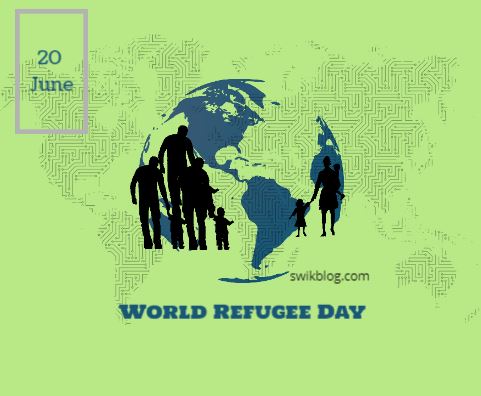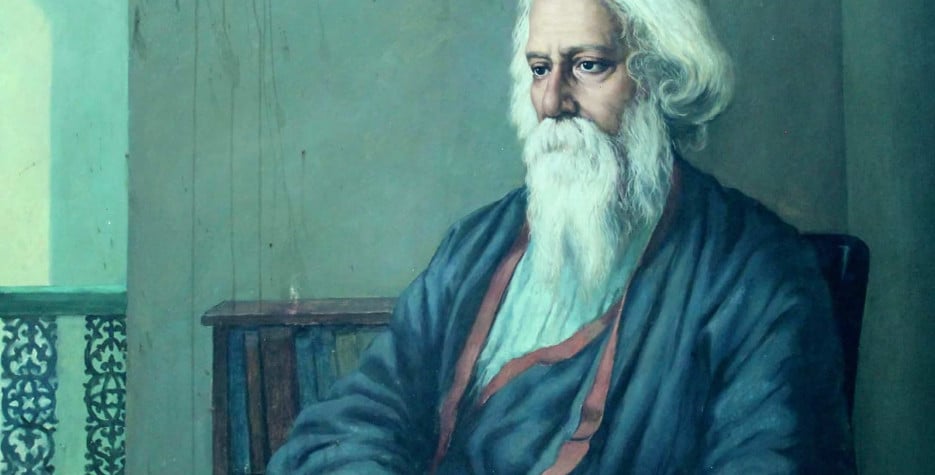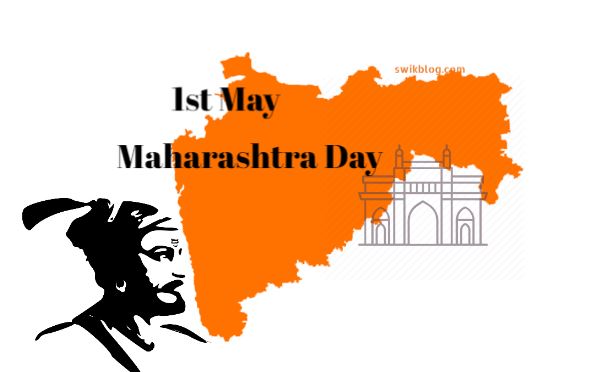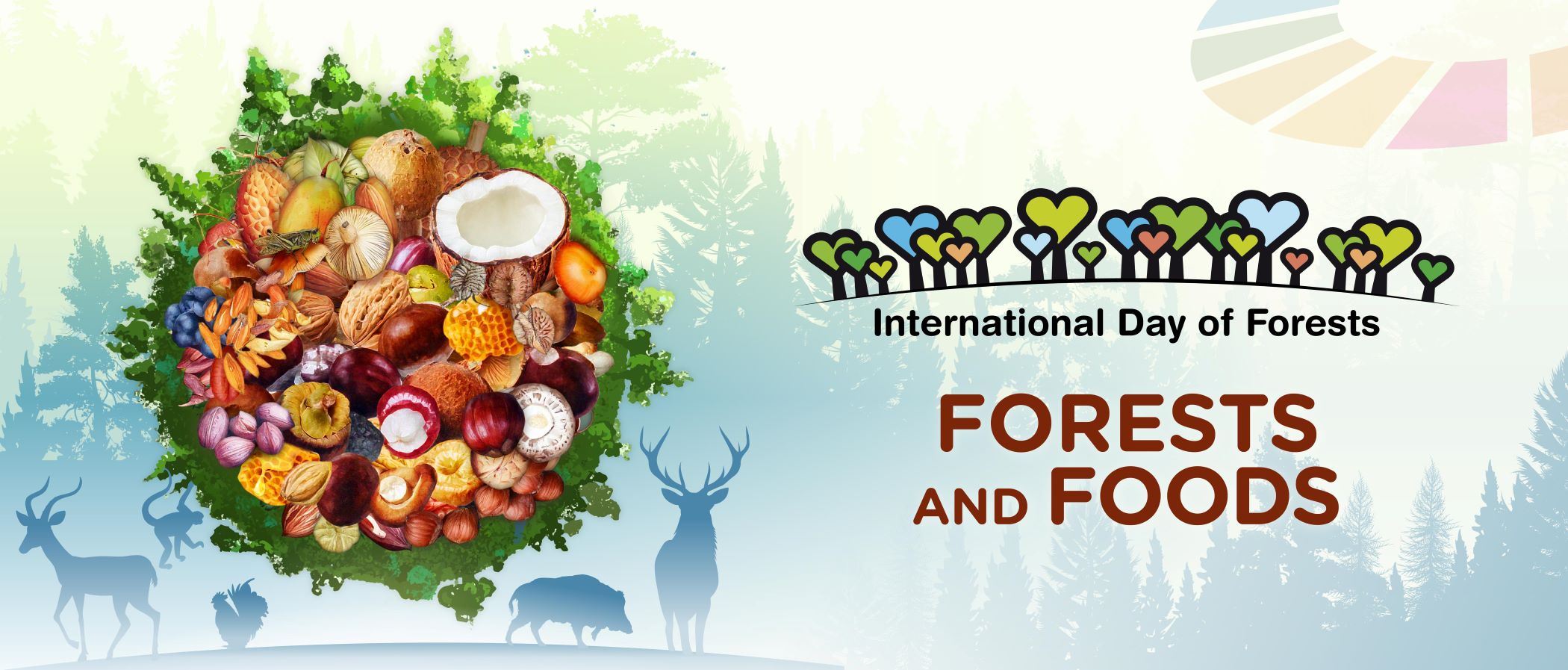World Refugee Day is a global international event, celebrated to raise awareness about the situation of refugee faced throughout the world. This day pays tribute to the courage, strength and determination of women, men and children forced to flee their native land under threat of persecution, conflict and violence. World Refugee Day is observed annually on 20th June.
It is an occasion for empathy and awareness of the plight of refugees and their strength in reconstructing their lives. Tens of thousands around the world are taking the time to remember the contributions of the homeless around the world and to thank them. There are 70.8 million people globally who have been displaced by force — the highest level of displacement since World War II.
On 20 June 2001, the first World Refugee Day was celebrated, commemorated the 50th anniversary of the 1951 Convention on the Status of Refugees. It was initially known as Africa Refugee Day, until it was formally recognized as an international day by the United Nations General Assembly in December 2000.
Theme of World Refugee Day 2020
This year the theme of World Refugee Day 2020 is- Every Action Counts
The pandemic of COVID-19 and recent protests against racism have shown how urgently we should fight for an equitable and fair world. A world where no one is left behind. It is the heart of United Nations Human Rights Campaign for the World Refugee Day. This year theme is an aim to remember that all can contribute towards the society in an attempt to create an equitable, more inclusive and equal world, including refugee groups where every action counts matter.
According to UNHCR- Every actions counts, and Everyone can make a difference. A pandemic has shown our strength and systemic disparities. It also brought us together in new ways and renewed our drive to achieve equity. During the time of COVID-19 we are celebrating refugees who are on the frontlines in fighting this pandemic by supporting their hosts and aid workers. We’ve seen everyday heroes step up from every walk of life to join the front lines.
Who are Refugees?
A refugee is someone who has left his or her home and country because of “a well-founded fear of persecution for his or her ethnicity, faith, nationality, membership in a specific social group, or political opinion,” according to the 1951 United Nations Convention on Refugees. A substantial number of refugees remain in exile in order to avoid the consequences of natural or human disasters.
Refugees are one of the world’s most vulnerable people. They are protected by the 1951 Convention on Refugees and its 1967 Protocol and are the only international legal instruments which cover explicitly key aspects of the lives of a refugee. The refugees are subject to the same standards as of treatment as other foreign nationals in a particular country and in many cases to the same treatment as citizens, according to their provisions.
The 1951 Convention includes a number of rights which also highlights refugees’ obligations to their host country.
The rights contained in the 1951 Convention include:
The right not to be expelled, except under certain, strictly defined conditions;
The right not to be punished for illegal entry into the territory of a contracting State;
The right to work;
The right to housing;
The right to education;
The right to public relief and assistance;
The right to freedom of religion;
The right to access the courts;
The right to freedom of movement within the territory.
The right to be issued identity and travel documents.
Swikriti Dandotia














